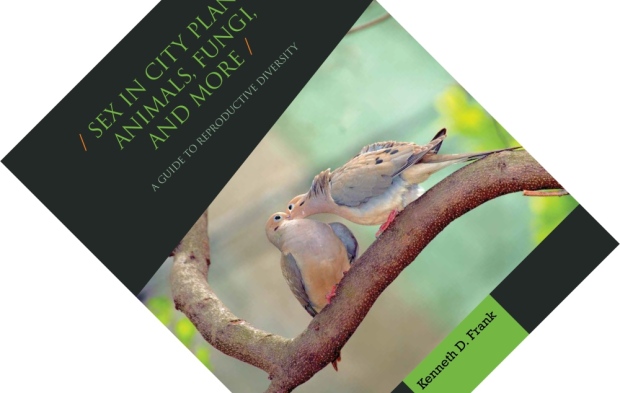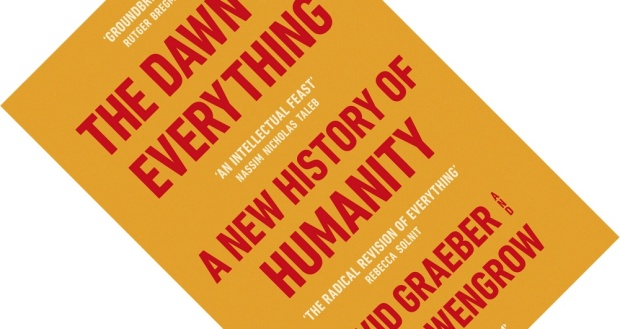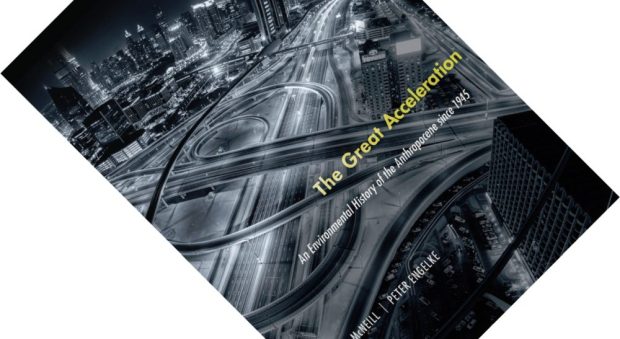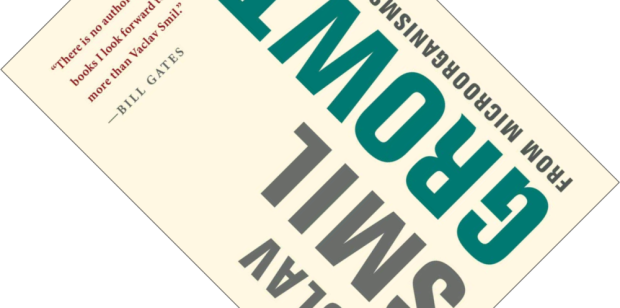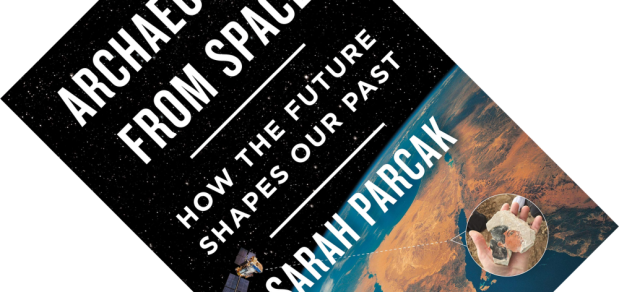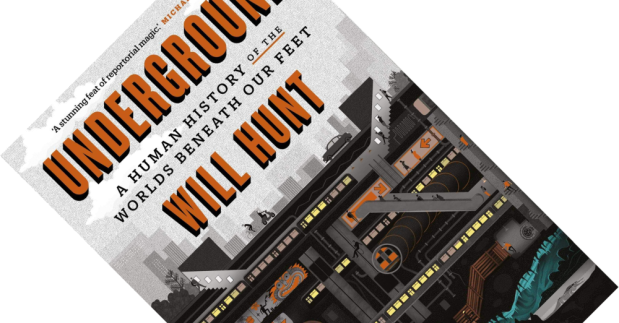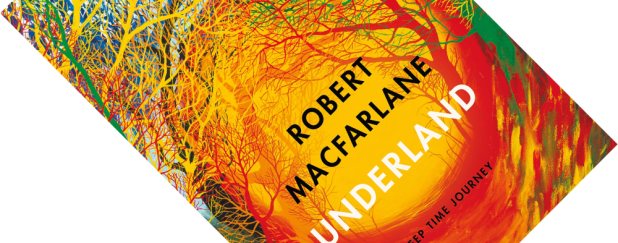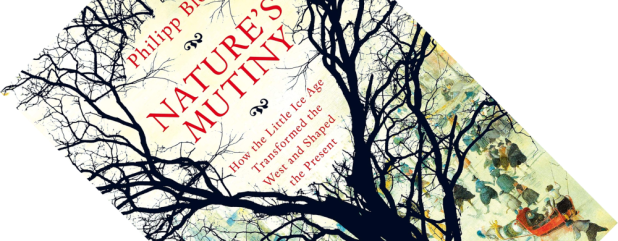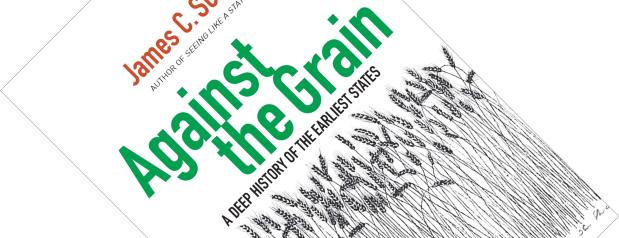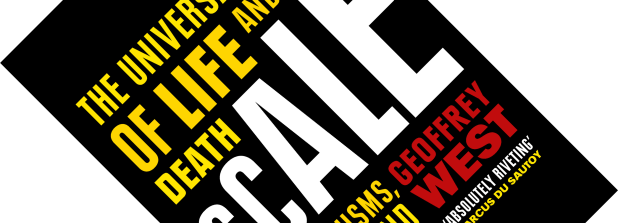6-minute read
keywords: ecology, ethology, evolutionary biology
Where evolution is concerned, the city is a cauldron exerting its own unique mix of selection pressures on the organisms living here. The metronome beating at the heart of this process is sex. For this book, retired physician Kenneth D. Frank has explored his hometown of Philadelphia in the Eastern US state of Pennsylvania and documented the astonishing variety of sex lives playing out right under our noses. Many of these organisms can be found in cities around the world. Remarkably well-researched and richly illustrated with photos, this collection of 106 one-page vignettes shows what avocational naturalists can contribute both in terms of observations and in terms of highlighting the many basic questions that are still unanswered.

